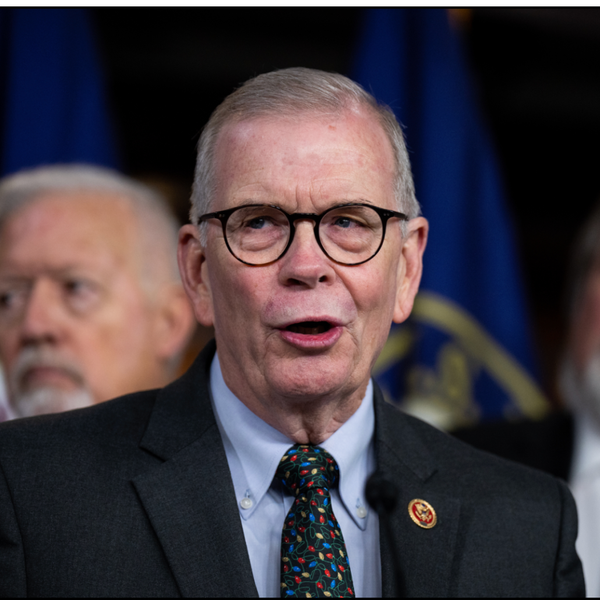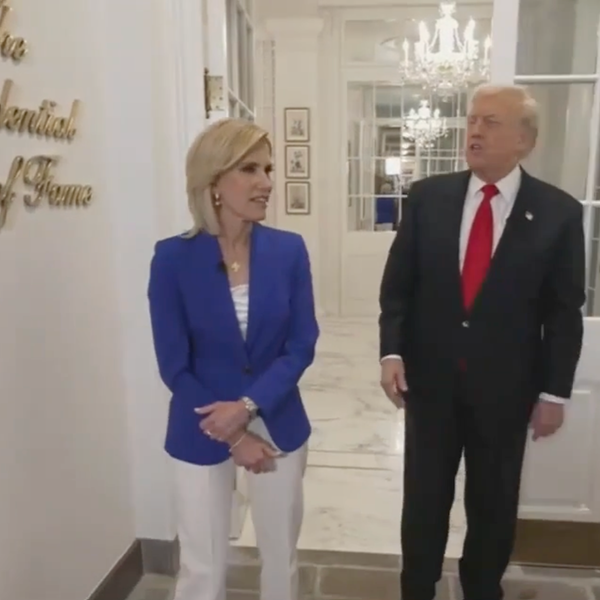by Cora Currier, ProPublica
Citigroup agreed yesterday to pay $158 million to settle a lawsuit over bad loans that the bank passed on to the Federal Housing Administration to insure. The whistle-blower who originally brought the case, Sherry Hunt, an employee of Citi’s mortgage department, said the company actively undermined the process that was supposed to check for fraud in order to push through reckless loans and get higher profits.
The suit itself makes for good reading. We’ve pulled out the juiciest bits, and explain just what Citi appears to have been doing.
Some background: The FHA insures one-third of the mortgages loans in the country, taking on the risk of homeowners’ default from lenders like Citi. The government requires lenders to certify that insured loans meet FHA standards.
Citi appears to have flouted those standards. According to the lawsuit, the bank passed along subpar loans to the FHA until very recently, making “substantial profits through the sale and/or securitization of FHA-backed insured mortgages” while “it wrongfully endorsed mortgages that were not eligible.”
In the settlement, Citi, which was bailed out by taxpayers in 2008 to the tune of $45 billion, “admits, acknowledges, and accepts responsibility” for passing on bad loans.
The suit’s allegations
Citi was passing on mortgages with particularly high rates of default to the FHA, costing taxpayers millions in insurance claims:
6. Since 2004, Citi has endorsed nearly 30,00 mortages for FHA insurance, totaling more than $4.8 billion in underlying principal obligations. Of those loans, 9,636 (or more than 30%) have defaulted. Citi’s default rate soared to more than 47% for loans originated in 2006 and 2007. In other words, nearly every other loan Citi endorsed for FHA insurance in the critical years leading up to the financial crisis defaulted, resulting in foreclosures and evictions and ultimately depressed real estate values, all to the detriment of the national housing market and the national economy. Moreover, of the lonas Citi originated in 207, over 10.5% went into early payment default. HUD has already paid nearly $200 million in insurance claims on loans that Citi originated or underwrote since 2004.
The quality control unit in charge of reviewing the mortgages had “marching orders” to pass questionable loans by “brute force”:
40. By November of 2010, the business channels had set a goal of reducing their Tier 1 defect rate to 5%. Thereafter, a business channel manager informed the quality control managers, “Our marching orders are to fight tiering on everything we get from QC.” That same month, Ross Leckie, senior director of Citi’s retail bank mortgage operations, provided comments on quality control variance findings, stating: please take [these] in the spirit they are offered, which is to drive this [variance] rate down by brute force…
The company started basing compensation for some employees on how many loans got through quality control, intensifying the pressure:
Around the same time, Citi based the compensation of its business operations employees on their “tier 1 variance rates,” rewarding employees with higher salaries for lower variance rates. According to Watts, this compensation structure prompted “the ferocity of demands from Operations to have tier 1 variances downgraded to lower tiers.”
In January 2011, Citi gave awards to employees who had successfully challenged quality control ratings. In a detailed Bloomberg News story, the whistle-blower, Hunt, said that at the awards ceremony, quality control workers “were humiliated in front of everyone“:
Far from heeding Watts’s warnings, Citi blamed the quality control employees for finding material variances in Citi’s loans and rewarded business personnel for fighting quality control. In January of 2011, Citi held a quarterly “Star Players Award” ceremony, in which a business operations unit team was given an award for its efforts to “drive variance rates down by challenging Quality Control to remove or reduce variances.” Watts complained to Polkinghorne and McIlhaney that “[w]hen something like this is celebrated at the leadership level it can be quite demoralizing[,] making it appear like a lack of support from the leadership team for the QC work effort.”
Lenders are supposed to self-report to the government when they discover fraudulent or shoddy loans. But Citi almost never did:
Beginning in 2005, Repurchase failed to report a single loan that was originated or underwritten by Citi to HUD, until July 2011, after Citi had received a subpoena from the United States Attorney’s Office concerning the facts giving rise to this lawsuit.
At one point, Citi erased the records of nearly 1,000 potentially fraudulent loans:
Unable to process the massive backlog of potentially fraudulent loans, Citi instead erased — without any self reporting — the nearly 1,000 fraudulent loan referrals it had accumulated but never investigated between 2006 and the end of 2009.
Citi’s settlement
The company admits to passing on loans that were “not eligible” for government guarantees:
As a result, CitiMortgage submitted to HUD-FHA certifications stating that certain loans were eligible for FHA mortgage insurance when in fact they were not; FHA insured certain loans endorsed by CitiMortgage that were not eligible for FHA mortgage insurance and that FHA would not otherwise have insured; and HUD consequently incurred losses when those CitiMortgage-endorsed loans defaulted.
Citi has to pay $158.3 million within 30 days. Of that sum, $30 million will go to the whistle-blower. The suit was filed under the False Claims Act, which rewards whistle-blowers who bring cases resulting in settlements in which it was alleged that the government was defrauded:
Defendants shall pay to the Government $158.3 million within thirty days of the Effective Date (defined in Paragraph 27 below)(the “Settlement Amount.”)
The government has reserved the right to pursue criminal charges:
Notwithstanding the release given in paragraphs 6 and 7 above, or any other term of this Stipulation, the following claims of the Government are specifically reserved and are not released by this Stipulation:
a. Any liability arising under Title 26 of the United States Code (Internal Revenue Code):
b. Any criminal liability
A spokesman for Citigroup said in an emailed statement: “We take our quality assurance processes seriously and have pro-actively undertaken process improvements to ensure that they are as robust as possible. Our government-related business is very important to us, and we will continue as a participant in the FHA’s Direct Endorsement Lender Program with the full support of HUD.”
Citi isn’t the only bank facing these kinds of allegations 2014 as part of last week’s mortgage settlement, Bank of America will pay the FHA up to $1 billion for fraud and abusive foreclosure practices.








